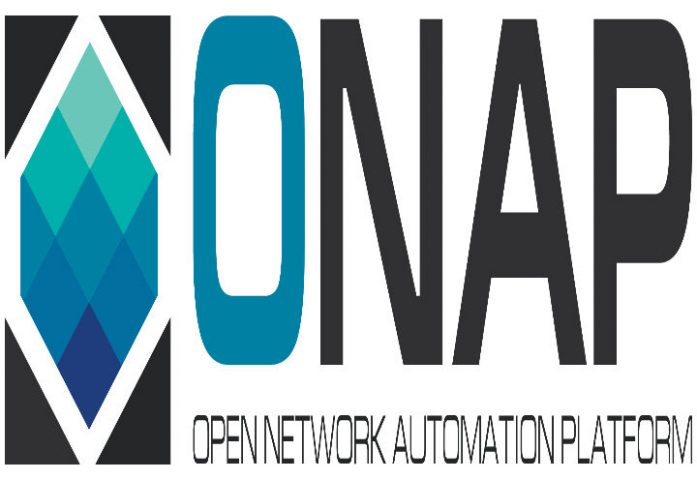Bell deploys product with ONAP platform
Canadian telecommunications company Bell announced it has become the first company to launch an open source version of the Open Network Automation Platform (ONAP) in production.
The announcement was noted by Arpit Joshipura, general manager of networking and orchestration at the Linux Foundation, in a company blog post. According to Joshipura, the news marks a first step toward using ONAP as a common platform across Bell’s network as the company re-aligns itself to follow a multi-partner DevOps model.
“Bell has been engaged in the ONAP journey from day one and committed to get it to production to demonstrate its value,” said Tamer Shenouda, director of network transformation for Bell, in a statement in the blogpost. “This demonstration will encourage other partners to take a similar incremental approach in delivery and operations of the platform, and we look forward to other telecoms launching ONAP to production.”
ONAP is an open source platform centered on the lifecycle management of virtual network functions (VNFs). It consists of a combination of AT&T’s Open ECOMP and the Linux Foundation’s Open-O. The platform boasts around 57 members, with Bell as a founding platinum member. Additional platinum members include Amdocs, AT&T, China Mobile, China Telecom, Cisco, Cloudify, Ericsson, Huawei, IBM, Intel, among others.
Under the organization’s Network 3.0 initiative, Joshipura reported Bell and partners leveraged Agile delivery to deploy a minimum viable product with the ONAP platform. The company said in early December it had rolled out Segment Routing as part of the initiative, upgrading the first four IP core routers to support connection between network data centers and its Smart Core network. The ONAP community also recently released ONAP Amsterdam, a unified architecture for closed-loop, end-to-end network automation.
“We’re very proud to be the first member of the ONAP Project to demonstrate the viability of the platform live on our network,” added Petri Lyytikainen, vice president of technology and strategy at Bell, in the blog post. “The evolution of our advanced software-defined networks will enable us to respond even faster to the unique needs of our customers.”

